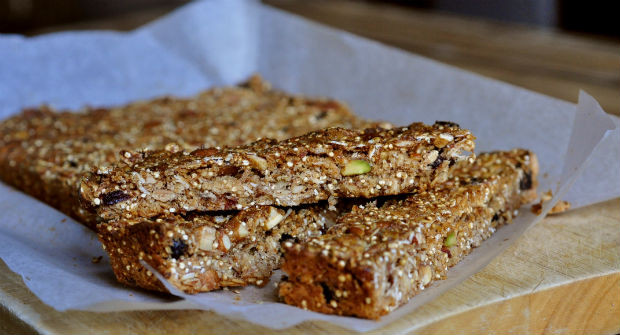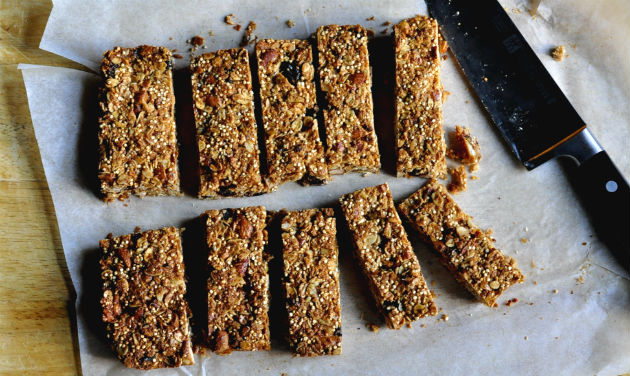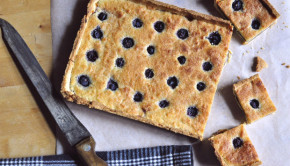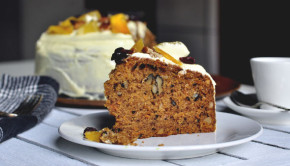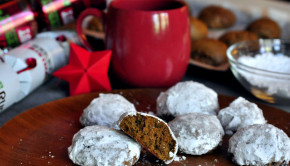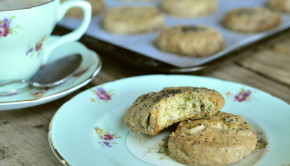Enviro-endurance muesli bars
This month I’m taking part in the Plastic Free July challenge. This involves refusal of all single use plastic packaging for the whole of July, hard, but I’m giving it a go. The reason being, there is far too much plastic and it bothers me. In fact, that’s an under-statement; I go out of my way to avoid buying products made out of plastic. It infuriates me just how much is now made from this product and how reliant we have become on the material. It’s flipping everywhere, including the device I’m using to write this.
Aside from a small amount that has been incinerated, almost every piece of plastic that has ever been produced still exists. And here are some shocking figures. Australia alone dumps over a million tonnes of plastic into landfill every year. Disturbingly, according to the journal Science, every year, 8 million metric tons of plastic end up in our oceans . I also recall reading (though I forget where), that there are now more micro-plastics (less than 5mm) than plankton in the ocean. What makes all this even worse, is that because plastic bags are made from a petroleum-derived polymer it can take anywhere between 20-1000 years to break down. And during it’s lifetime, it harms marine life and leaves toxic material in the oceans, coastline and soil.
The food industry contributes massively to the problem with excessive packaging. Just take a look at your last supermarket shop, hopefully you re-use or refuse plastic bags and don’t get me started on water bottles or biscuit packets
Re-cycling helps – I love Coles plastic bag packaging re-cycling bins, as it means everything from the packaging used for pasta, rice and biscuits through to shopping bags gets recycled.
But this is only part of the solution; ultimately it’s better to avoid using it in the first place. So this week, I’m going to show you how to make super tasty, super easy, high-energy muesli bars at home. Which means you don’t buy the ones from the supermarket that are individually wrapped, in plastic, so these are a little kinder to the environment. Did I mention I hate plastic?
The original recipe came from a Donna Hay magazine, but I made a few modifications like adding cinnamon and swapping cranberries for date or sultanas and quinoa flakes for oats.
Prep time: 10 mins
Cooking time 25 -30 mins
Equipment: 20cm baking tray, baking parchment, mixing bowl
Ingredients
- 1 cup oats
- ½ cup white quinoa
- 1 cup almonds – chopped
- 2/3 cup dissociated or shredded coconut
- ¼ cup wholemeal flour
- ½ sultanas, dates or cranberries
- ½ tsp. cinnamon
- ¾ cup rice malt syrup
- 2 tbsp. coconut oil
- 1 tsp. vanilla extract
Additional variations to try: Pistachio nuts, hazelnuts, prunes and the addition of 1 egg to bind it (if you find it doesn’t stick)
Directions
- Preheat oven to 160 degrees C and line the baking tray with baking parchment
- Place the oats, almonds, coconut and quinoa in the baking tray and put in the oven for 10 minutes to toast
- Set aside to cool after toasting
- Mix the oats with the flour, dates, coconut oil, vanilla and rice syrup, and then pour into the baking tray
- Bake for 25-30 minutes or until golden
- Allow to cool, then put on a wire rack to finish cooling and cut into slices with a sharp knife
- Store in an airtight container (preferably a glass one) and eat within 7 days. Also tastes good crumbled over ice cream, yoghurt, porridge or a bowl of chopped fruit!
And why limit minimising plastic in your life to just July? Take part in the TwoHands project

